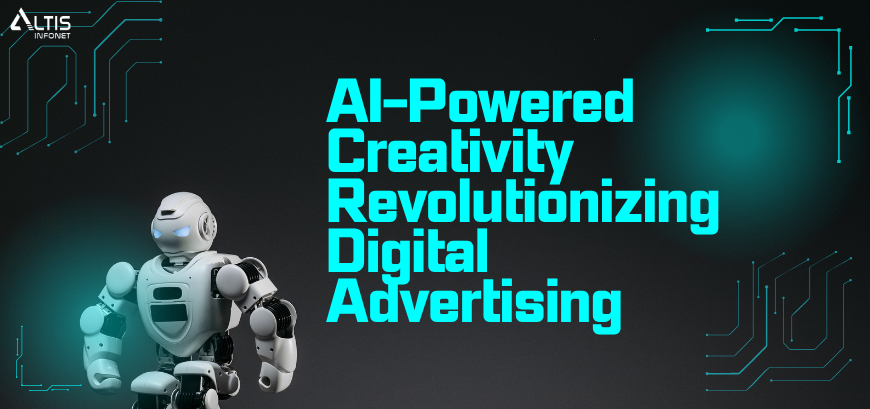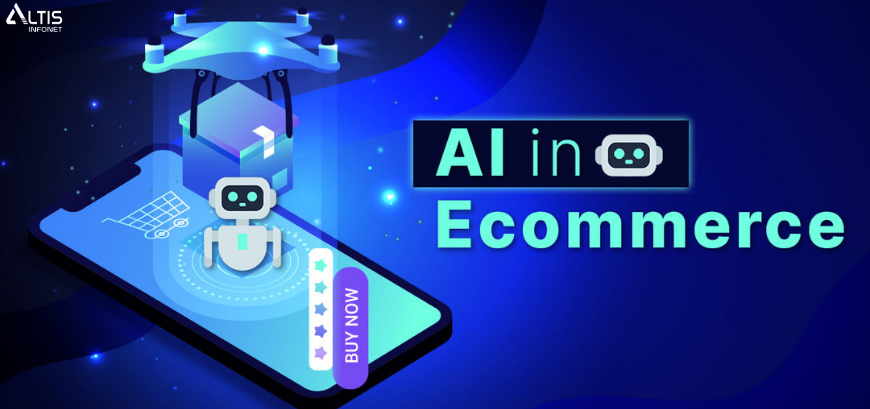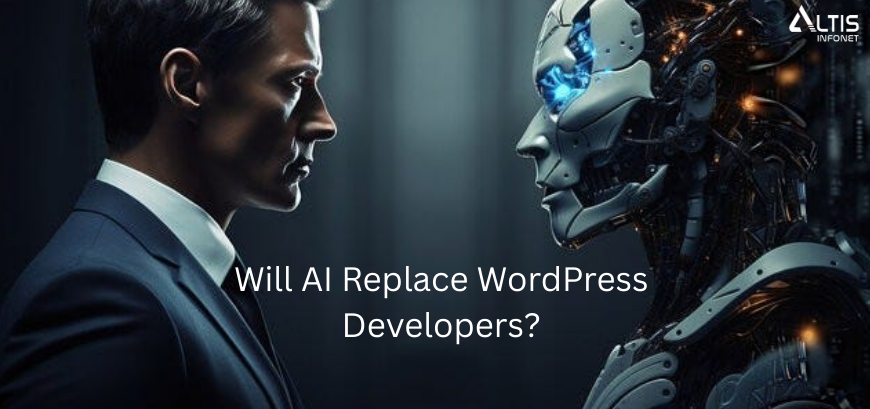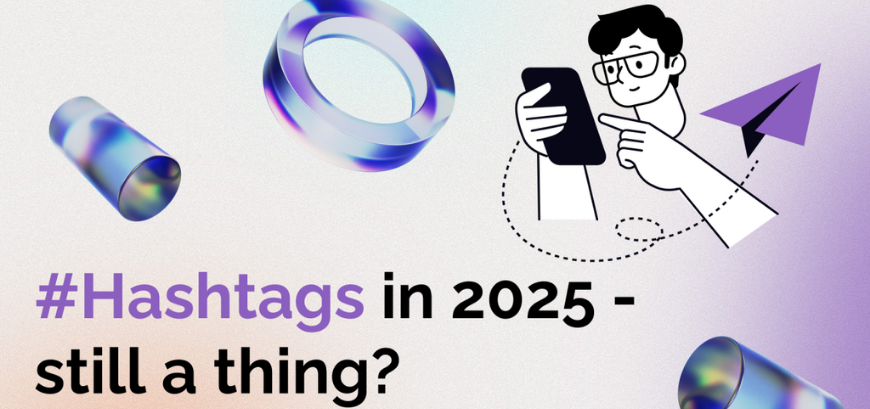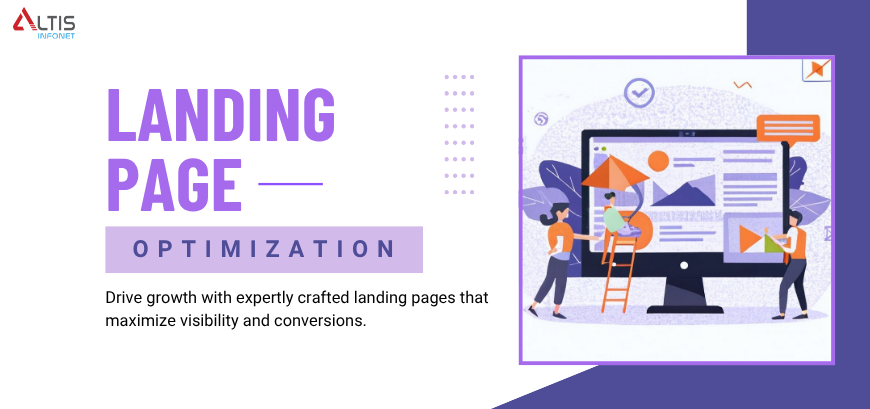As AI technologies advance, they increasingly influence how ads are conceived, designed, and delivered. While some view AI with skepticism—fearing job displacement—others recognize its potential to enhance productivity. In reality, AI serves as a powerful tool that accelerates processes and sparks new ideas for marketers and creative teams.
The Influence of AI on Creativity
AI’s role in creative advertising is multifaceted, spanning content generation to data-driven strategy formulation. Advanced tools like OpenAI’s GPT-3 can craft persuasive ad copy, while DALL-E generates striking visuals tailored to specific audiences. These innovations enable marketers to refine campaigns, strengthen branding strategies, and streamline creative workflows.
Advantages of AI in the Creative Process
Increased Efficiency
AI accelerates complex tasks, drastically reducing the time needed for ideation, drafting, and finalizing creative outputs. By generating multiple ad variations instantly, AI allows teams to focus on refining the best concepts rather than starting from scratch.
Scalability
Automation enables businesses to scale creative operations without proportional increases in manpower or costs. AI adapts campaigns across regions and languages while preserving core messaging—ideal for global marketing efforts.
Enhanced Personalization
By analyzing large datasets, AI detects individual preferences, allowing hyper-targeted content. Personalized ads yield higher engagement and conversion rates, making campaigns more effective.
Data-Driven Creativity
AI identifies trends and predicts content performance using historical and real-time data. This foresight helps creatives align with audience preferences while positioning brands as innovative.
Consistency Across Channels
AI ensures uniformity in brand voice and aesthetics across platforms—critical for maintaining recognition and trust in large-scale campaigns.
Experimentation and A/B Testing
AI enables rapid testing of ad variations, eliminating guesswork. This methodical approach enhances campaign effectiveness and mitigates risks in creative experimentation.
Cost Reduction
Automating repetitive tasks reduces labor demands, lowering production costs. Freed-up budgets can then focus on high-impact strategic initiatives.
Challenges of AI in the Creative Process
Lack of Emotional Depth
AI-generated content often lacks the emotional resonance of human creativity. While technically sound, it may fall flat in industries where emotional connection drives engagement. Human oversight remains essential to infuse authenticity.
Over-Reliance on Data
AI’s dependence on historical data can stifle originality. Optimizing for past successes may limit breakthrough ideas, potentially hindering market disruption.
Ethical and Bias Concerns
Biases in training data can perpetuate stereotypes or exclude groups. Transparency around AI-generated content also raises ethical questions about authenticity and audience trust.
Intellectual Property Issues
AI-generated works mimicking existing styles complicate copyright ownership. Current legal frameworks struggle to address these nuances, posing challenges for creatives and brands.
Dependence and De-skilling
Over-reliance on AI risks eroding traditional creative skills. Human teams must balance automation with hands-on expertise to preserve innovation.
Conclusion
AI is transforming advertising by enabling data-driven, scalable creativity. While it offers efficiency and cost benefits, human oversight remains crucial to maintain emotional depth and originality.
As the technology evolves, its potential is just beginning to unfold. However, one certainty remains: AI will not surpass human creativity and intelligence. Instead, its greatest value lies in augmenting—not replacing—the ingenuity of people.
AI-Driven Ads, Better Results
Altis Infonet uses AI to optimize digital ad campaigns—targeting the right audience, personalizing content, and boosting conversions. Machine learning refines strategies in real-time, while automation maximizes ROI. Smarter ads mean higher sales.

